Logistics companies operating in intermodal transport now have a new platform where they can regularly exchange information, discuss current issues and share ideas. Meetings have already been held in Stuttgart, Ludwigshafen and Singen. The initiative was launched by the Baden-Württemberg Freight Forwarding and Logistics Association (VSL), which established the rail freight transport division.

Rail has a huge leverage effect when it comes to climate protection. So anyone who wants to reduce their carbon footprint quickly and significantly should transfer their main routes to rail. But of course, that’s easier said than done. In practice, intermodal transport chains are much more complex than pure long-distance truck transport. It requires predictable and regular volumes in a certain ratio, ideally with corresponding pairing. It also requires the necessary train services from railway undertakings or operators. In addition, the services must be attractive in terms of price and transit times, as they are always in competition with road transport. Above all, it requires the willingness of all stakeholders to actually use and strengthen rail transport. Only with the right mindset can the shift succeed.
Despite all the challenges, those responsible at the Baden-Württemberg Freight Forwarding and Logistics Association (VSL) also see the potential of rail. Many well-known industrial companies are based in the south-west, whether in the automotive industry or mechanical engineering. They depend heavily on exports. Efficient transport routes and strong logistics are therefore of great importance. This is where the VSL member companies come into play, several of which have been involved in intermodal transport and combined transport for years – including Bay Logistik, Ansorge Logistik and Winner Spedition, for example. At the same time, the VSL would like to attract more companies to rail. To do this, interested companies need the relevant information – preferably first-hand. After all, everyone has lots of questions at the beginning. To this end, since March 2024, the VSL has been offering a platform with its new rail freight transport division where companies from all areas of combined transport can exchange information openly and confidentially – whether they are freight forwarders, rail transport companies, operators or terminal operators. Frank Werner, Head of Logistics Concepts at Kombiverkehr, has been involved from the very beginning.
Setting the course to transfer even more traffic to rail
Dr. Micha Lege, President VSDL Baden-Württemberg
‘To reduce traffic congestion on the roads and improve climate protection, we need to move more goods by rail,’ emphasised VSL President Dr Micha Lege at the launch of the division with around 20 interested representatives from the freight forwarding and logistics sectors. ‘Together, we must set the course for transferring even more traffic to environmentally friendly rail.’ At the same time, Dr Lege made it clear that rail, as a driver of the mobility transition, still has room for improvement and listed some of the current problems affecting rail customers: poor construction site management, long delays and insufficient information. VSL Managing Director Andrea Marongiu emphasised that, in addition to predictability and real-time information, the industry also needs a modern and digital rail infrastructure. ‘It is the basis for quality and punctuality,’ he said. After an intensive exchange of views, a delegation from the international container logistics operator DP World presented its activities at the Port of Stuttgart – just a few metres away from the VSL office in Stuttgart-Wangen.
Further meetings of rail-related entrepreneurs in the VSL have since taken place at the world’s largest chemical plant, BASF in Ludwigshafen, and at the logistics service provider Transco in Singen. At BASF, the division members were able to get an impression of the highly automated tank container facility, which opened in 2018. Up to 2,000 containers – each weighing up to 75 tonnes – can be stored there in up to six stacks. Delivery can be made either by rail on special container wagons or by road. The highlight: no driver is required for internal transport by road, as the containers are mounted on a special chassis and operate autonomously as robotic vehicles (AGVs). In the immediate vicinity of BASF is the Ludwigshafen Combined Transport Terminal (KTL), in which Kombiverkehr holds a 20 per cent stake. The KTL handles up to 25 trains per day with its 160 employees. Managing Director Harald Schlegel spoke about the company’s efforts in terms of sustainability and took the VSL delegation on a bus tour of the three modules of the terminal – one of the largest hubs for intermodal transport in Germany.
Site visit to Singen: clear focus on transalpine transport
From Ludwigshafen to Singen: The third meeting of the VSL rail division to date took place at association member Transco. Transco owner Christian Bücheler and Mike Bührer, Head of Branch at the 700-employee company, gave the practitioners insights into food and automotive logistics and presented the fully automated Autostore to them at the Gottmadingen site. With the help of the robot warehouse, which is suitable for small parts weighing up to 30 kilograms, Transco handles all logistics for online shops in the textile and cosmetics industry and takes care of all customs clearance. As the visitors are all involved in rail freight transport, Transco also organised a detour to the nearby Hupac terminal in Singen. The freight station, which is designed for 80,000 loading units per year, handles one to six trains daily, most of them in transalpine traffic to destinations such as Brescia or Busto Arsizio in Italy, as operations manager Rolf Dehner explained during a bus tour of the terminal. Some semi-trailers already arrive at the hub by electric truck.
Frank Werner, representative of Kombiverkehr, provided insights into current challenges at the third sector meeting. The head of logistics concepts explained how the Frankfurt-based service provider managed to transfer a large part of its transport operations from DB Cargo to other traction providers within six months. The traction conversion, which was initiated against the backdrop of EU proceedings against the Federal Republic of Germany and is unprecedented to date, was successful. However, the challenges on the railways remain, as all players in the rail freight sector confirmed. Quality and punctuality must improve, and DB InfraGo must improve transparency and communication. Participants also called for greater sensitivity on the issue of price increases. The new federal government wants to put the railways back on track for success. The VSL division members are counting on it succeeding. This will also increase acceptance of the rail system – and the railways will be able to exert even greater leverage in climate protection.
Image credit: Verband Spedition und Logistik Baden-Württemberg (VSL)

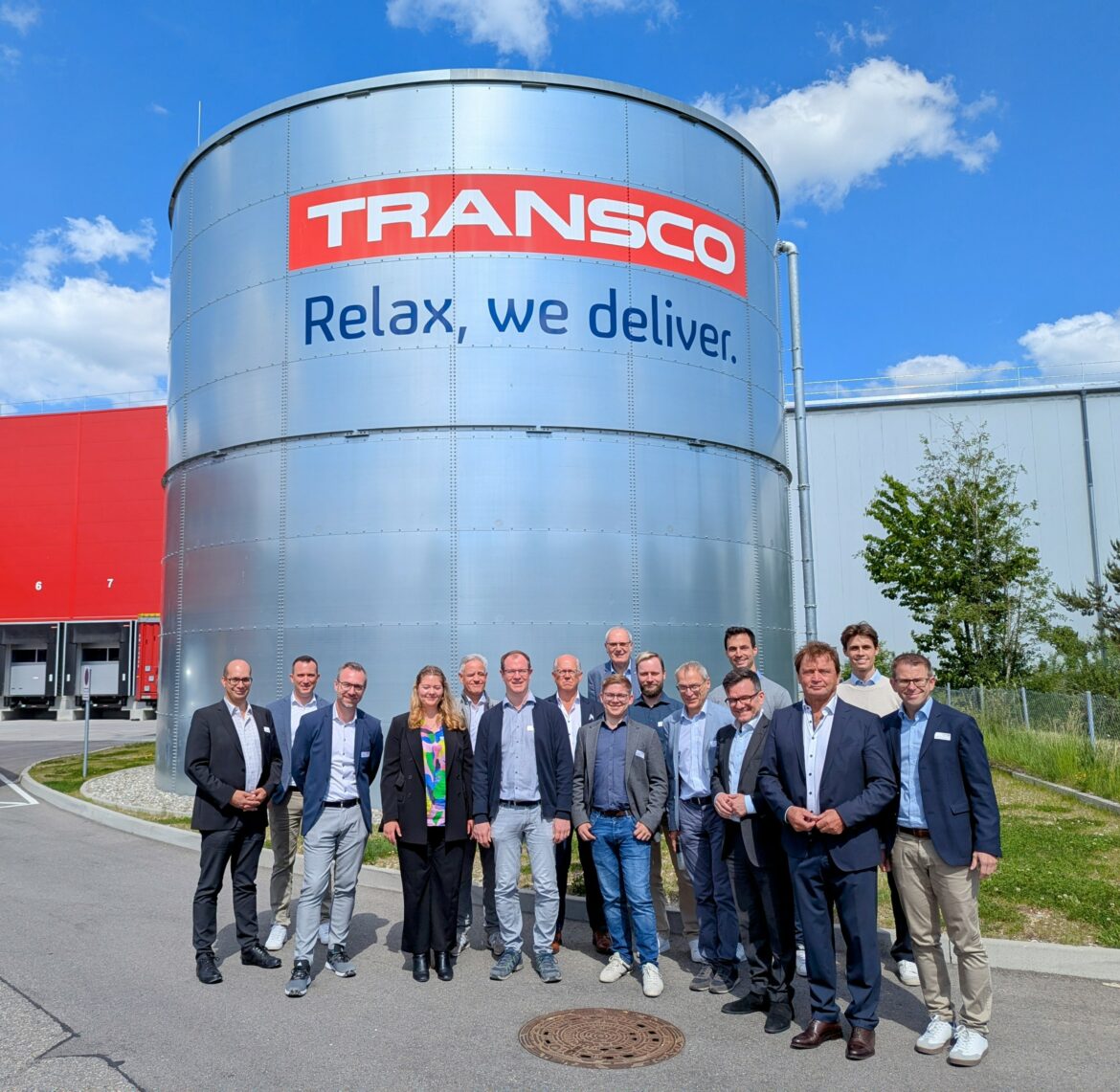
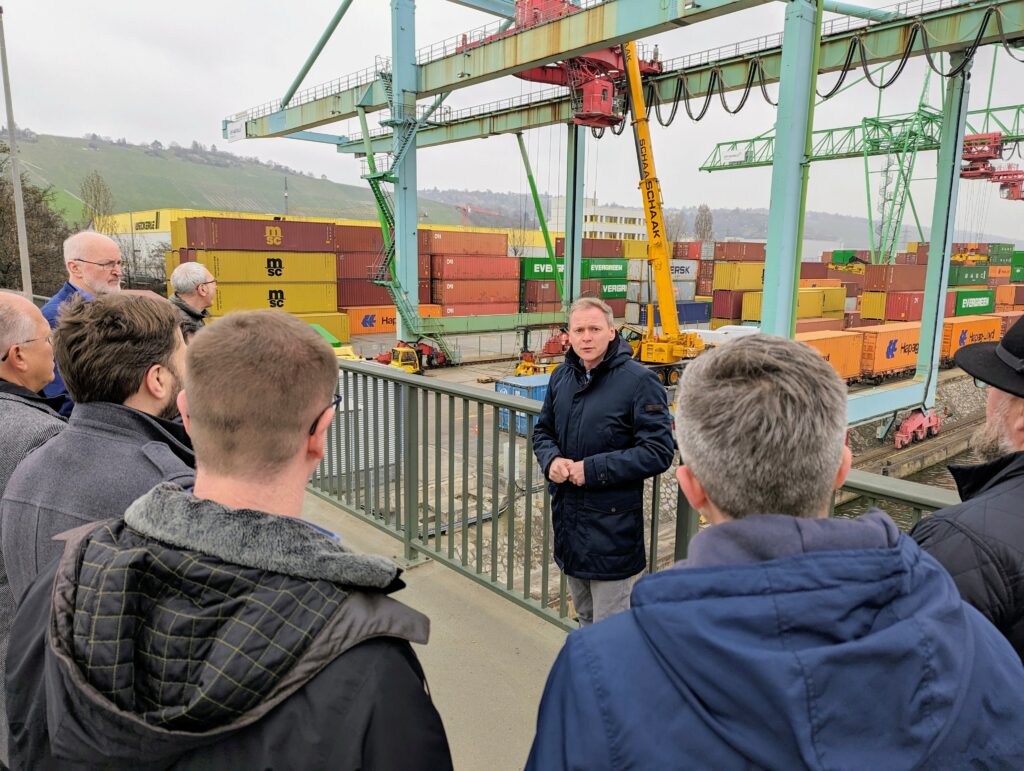
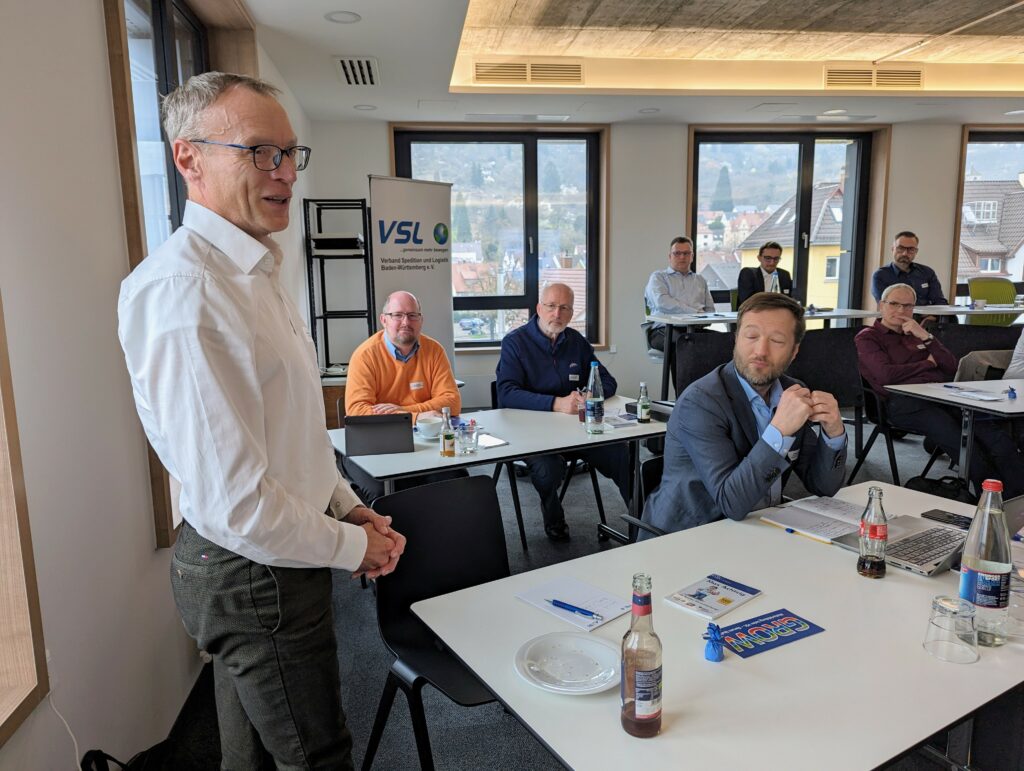
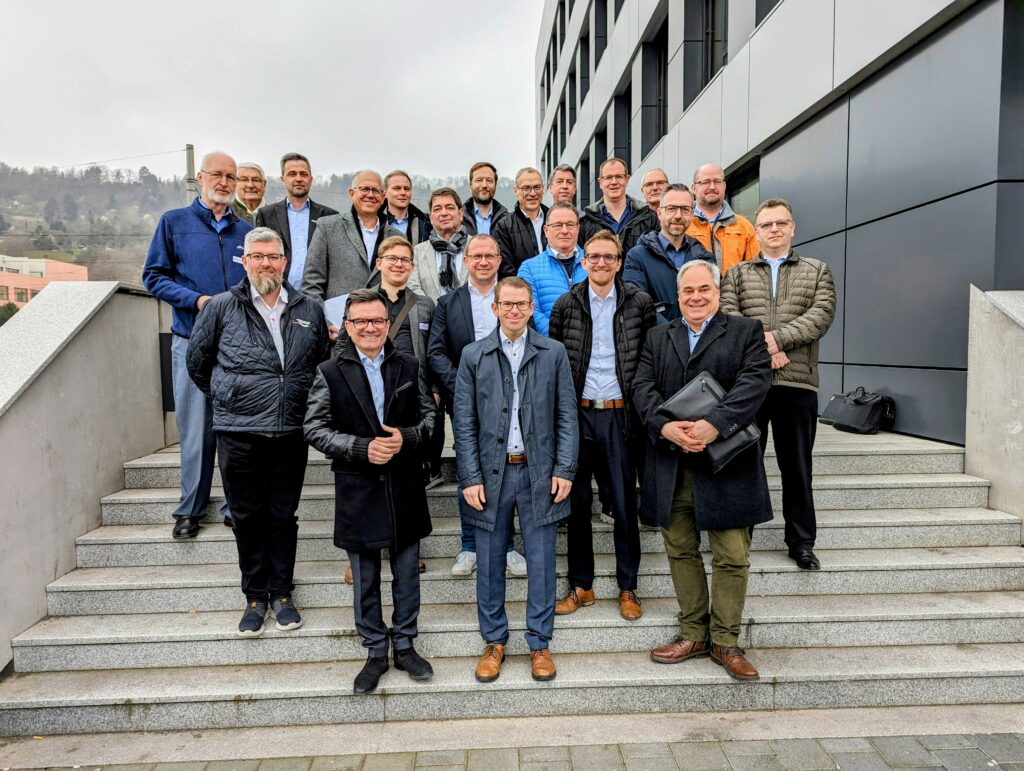
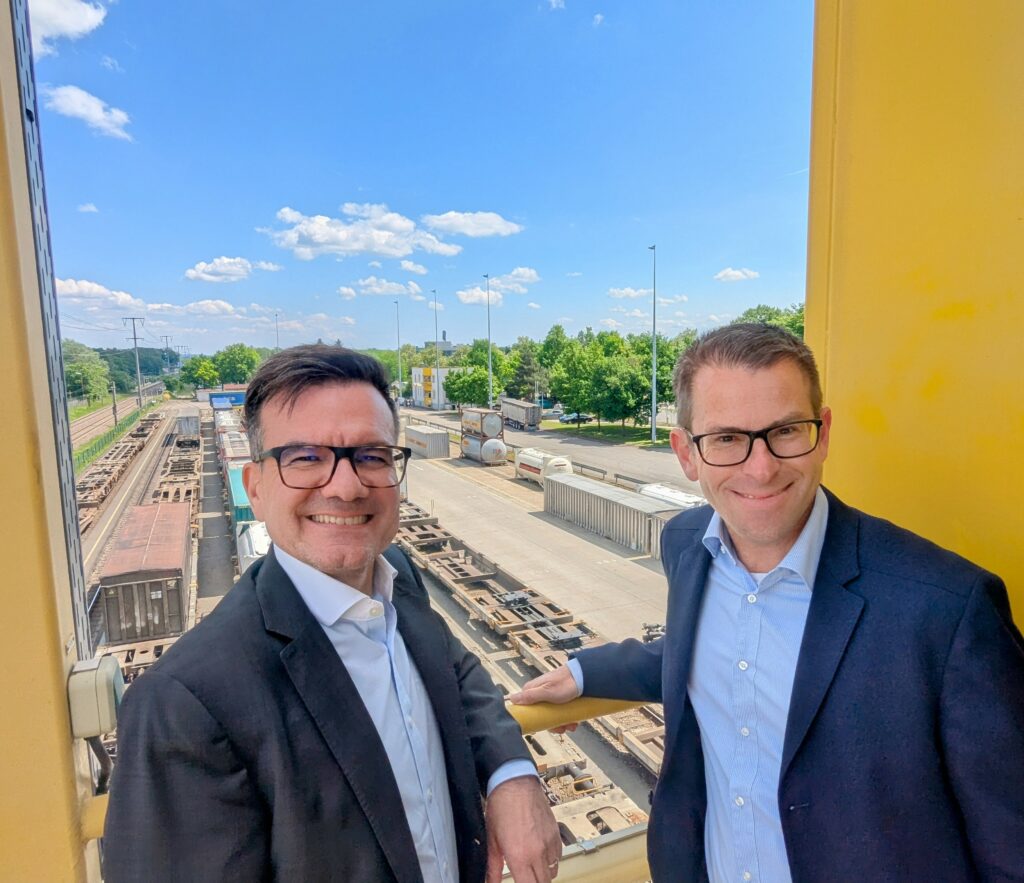
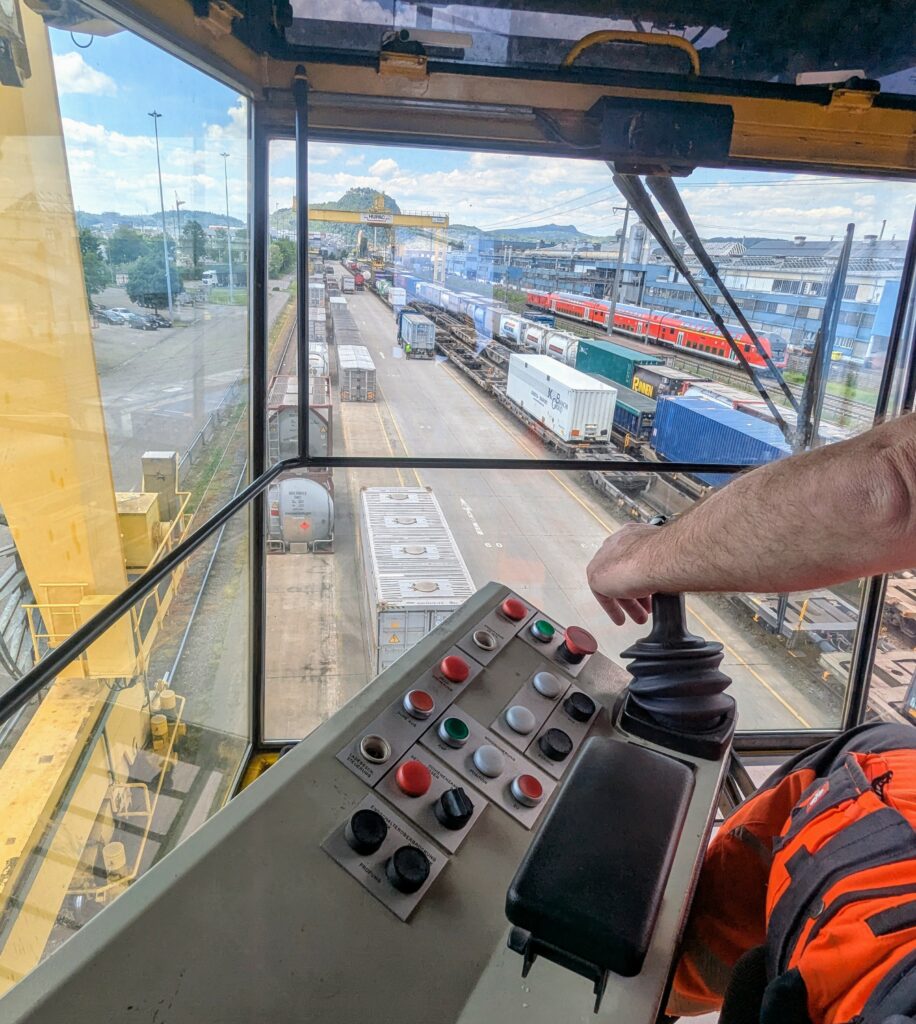
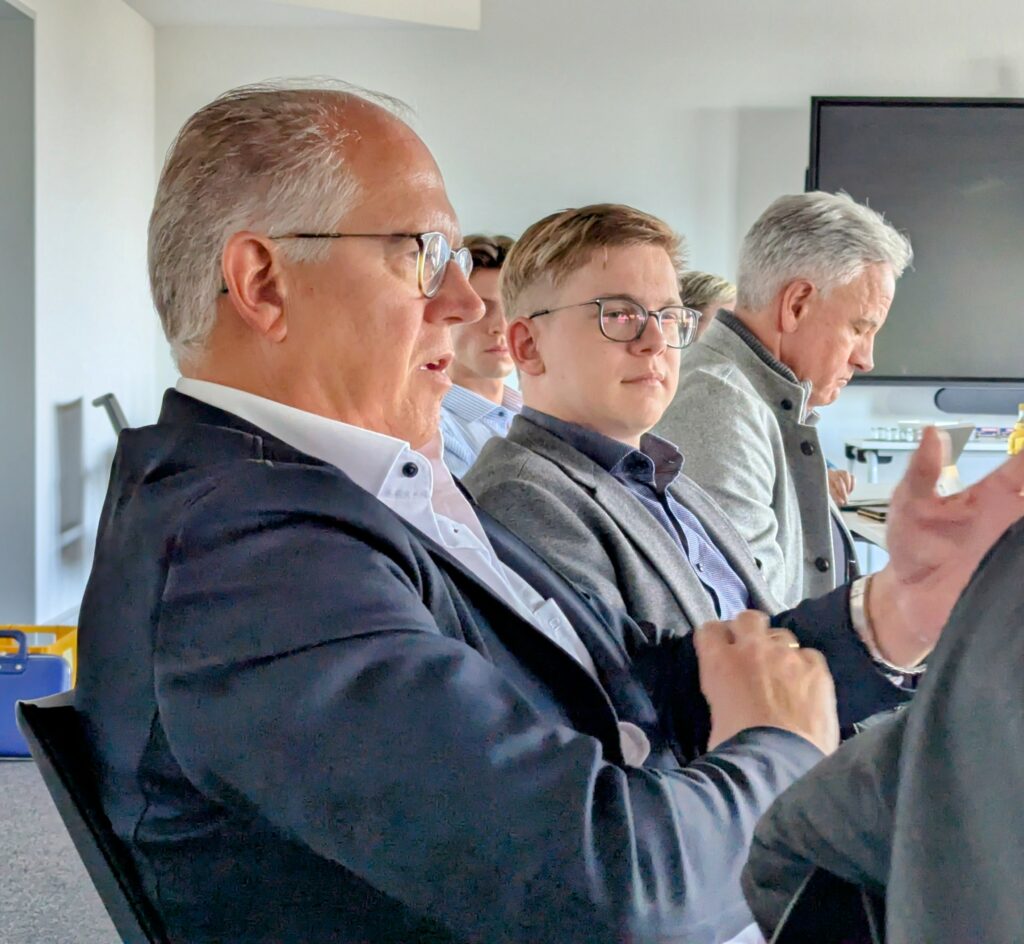
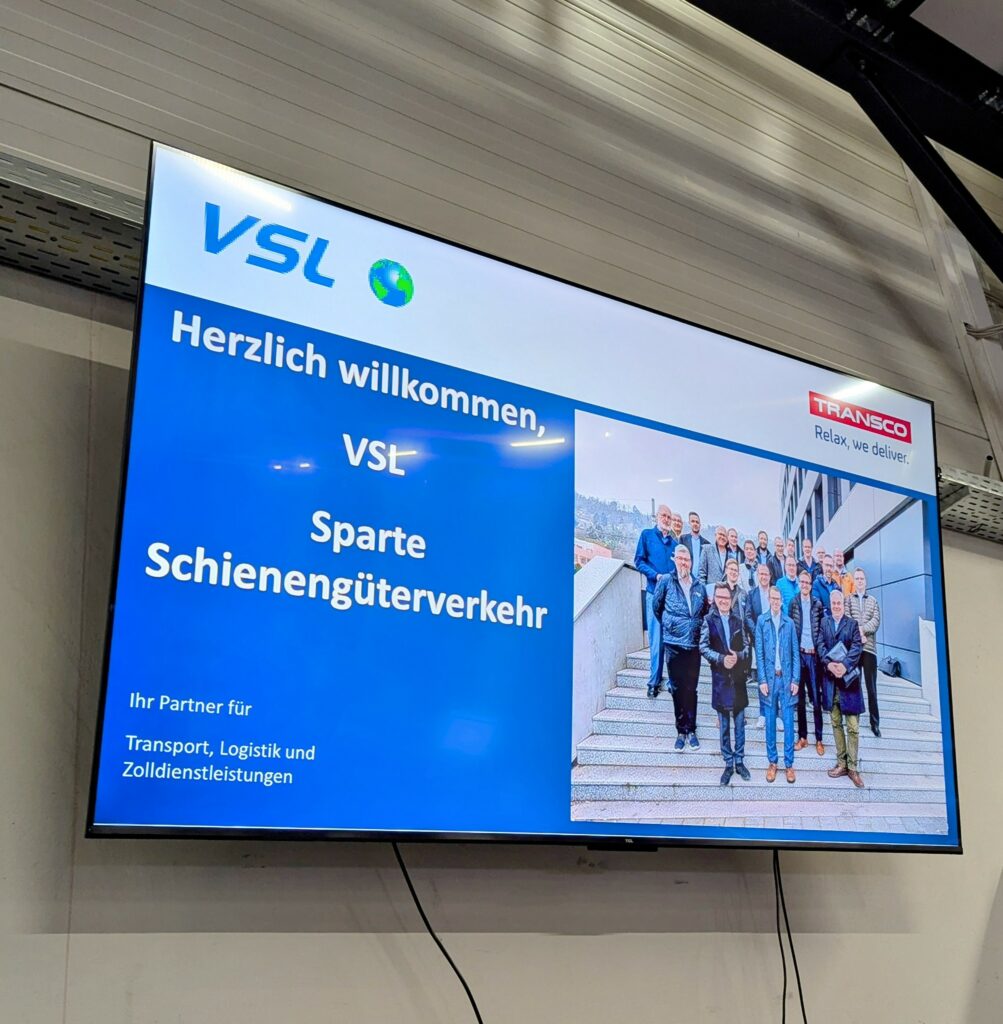
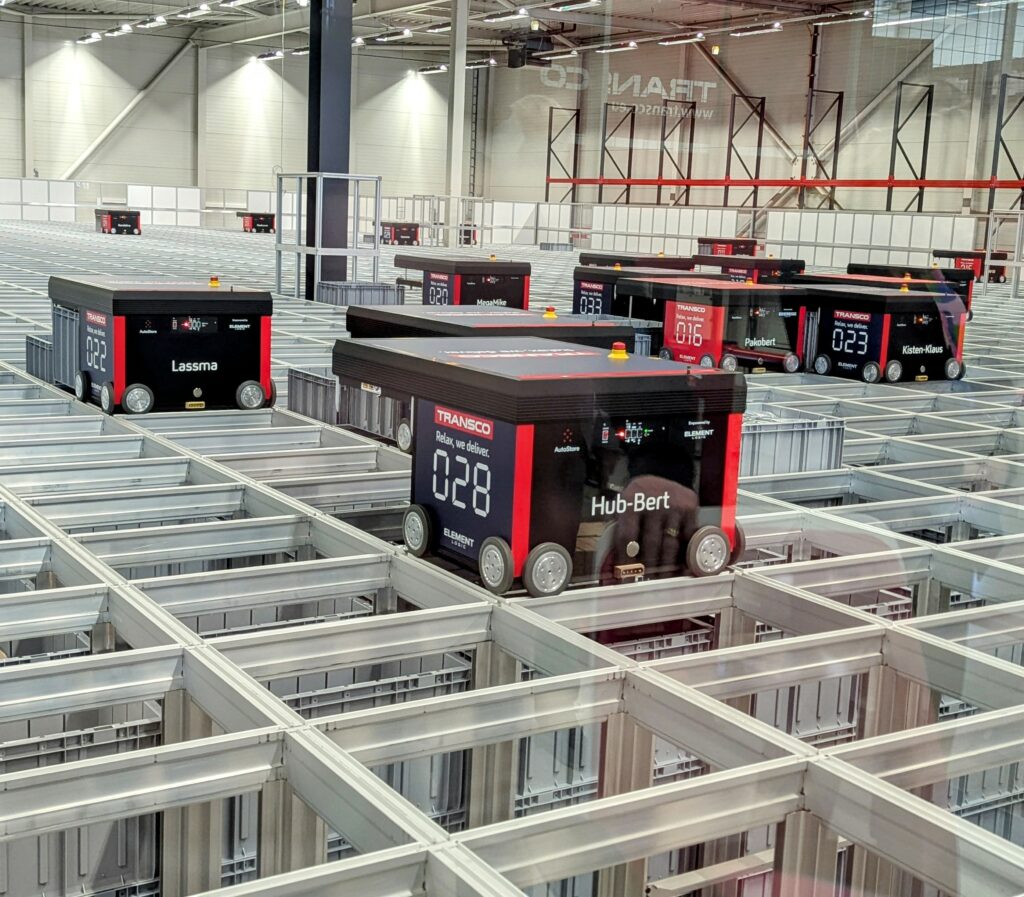
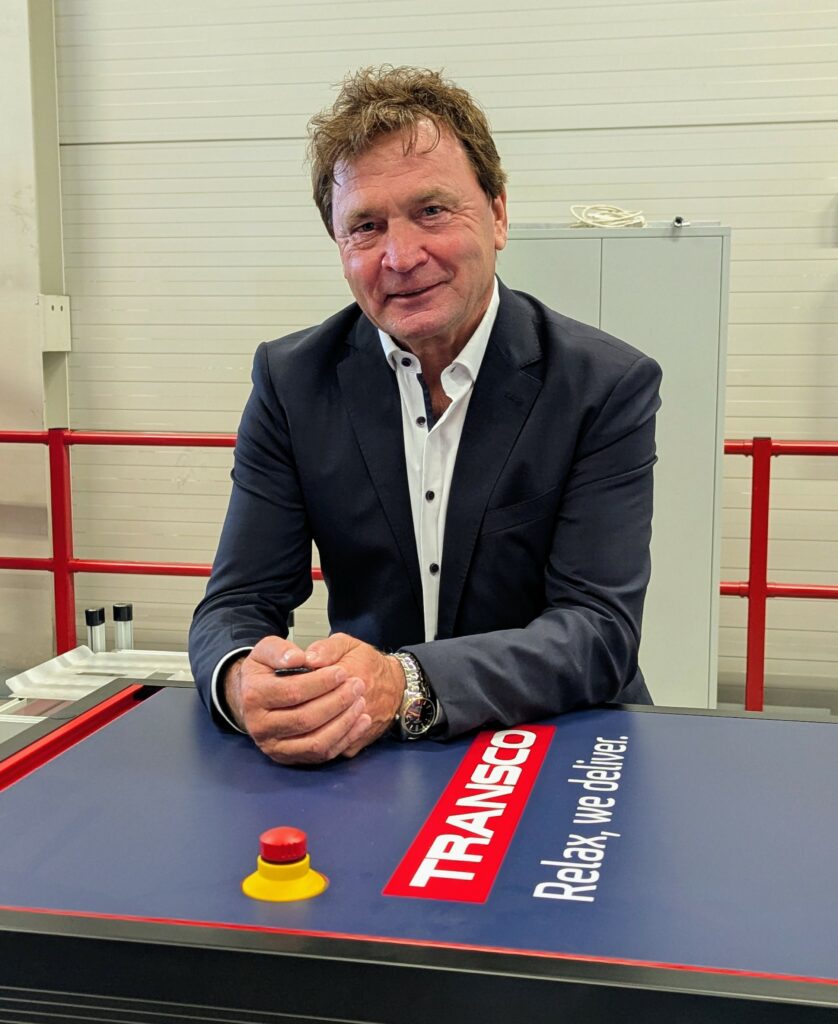
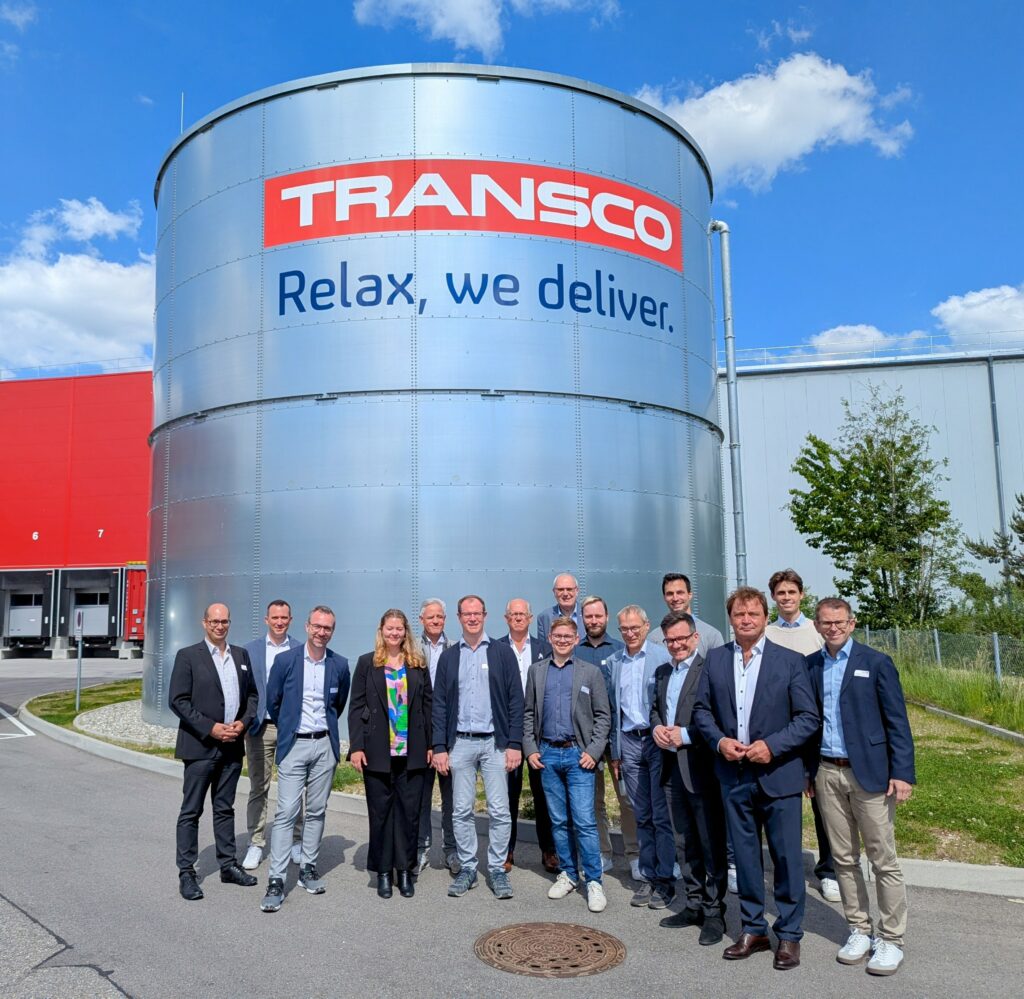
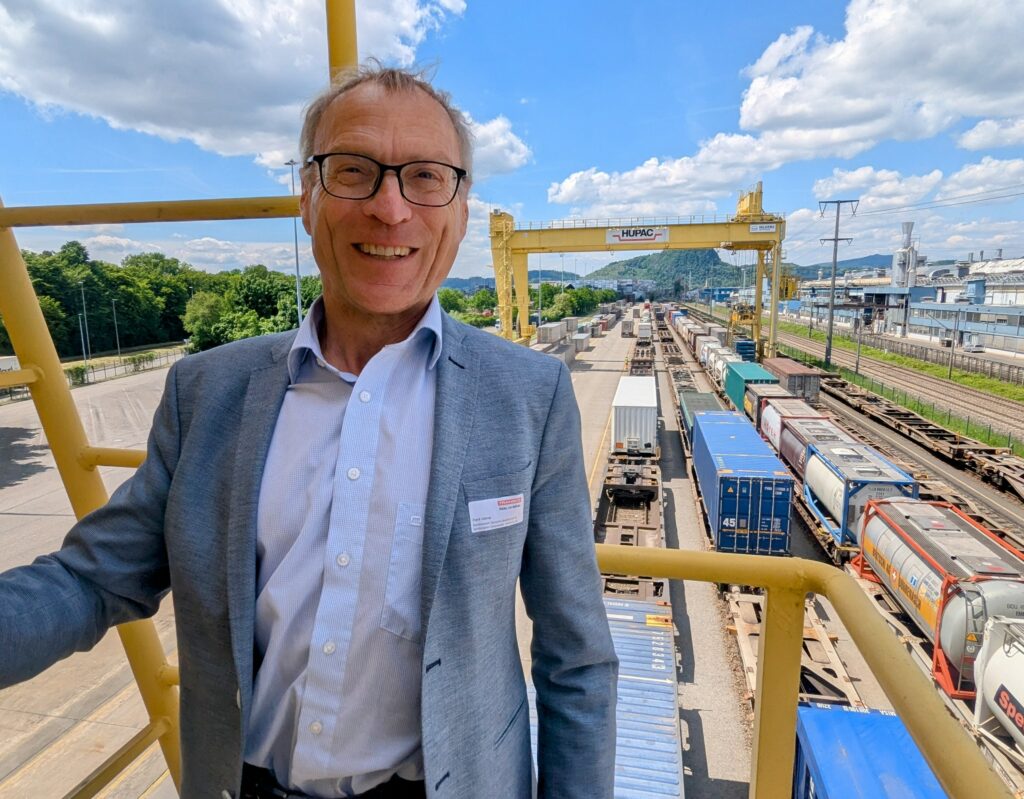
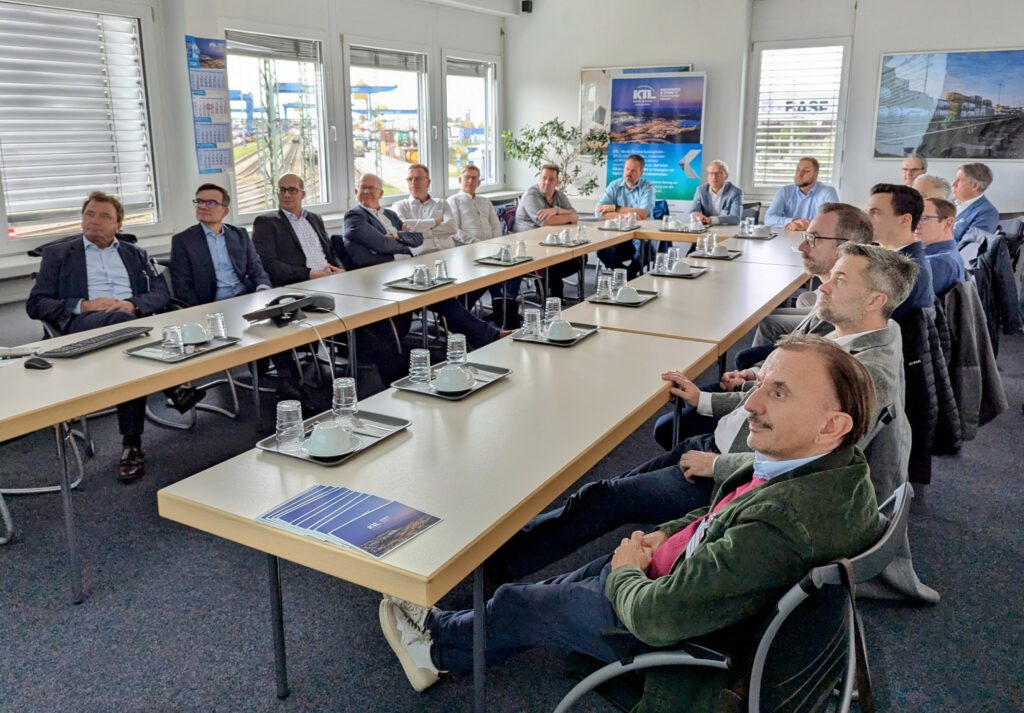
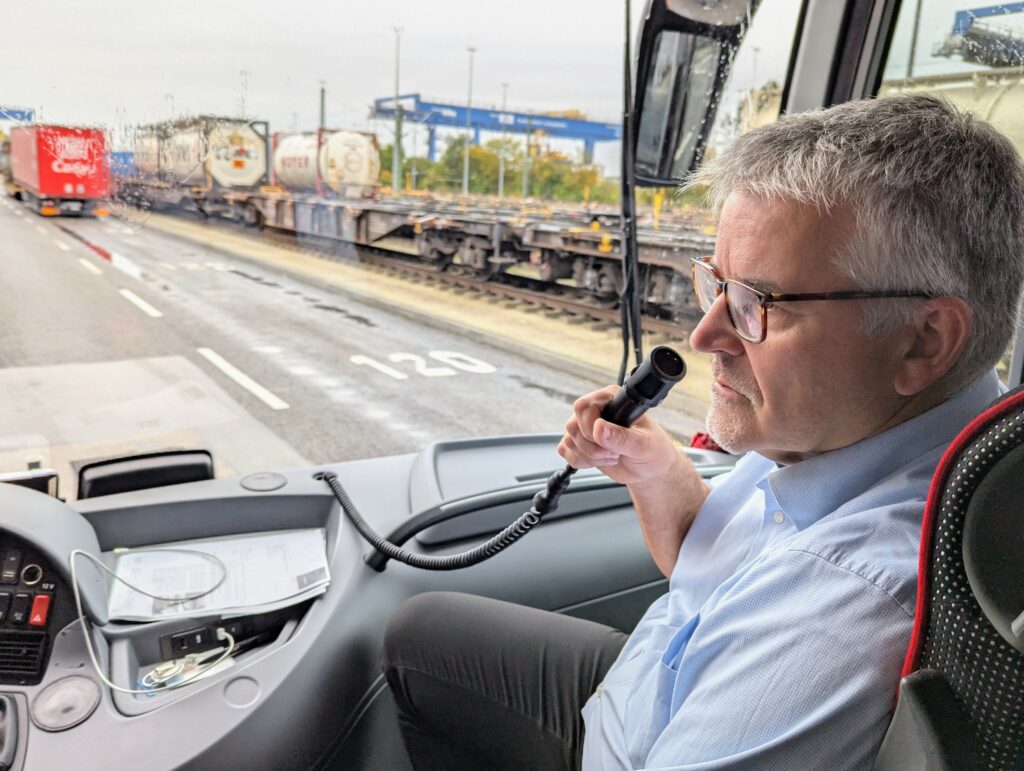
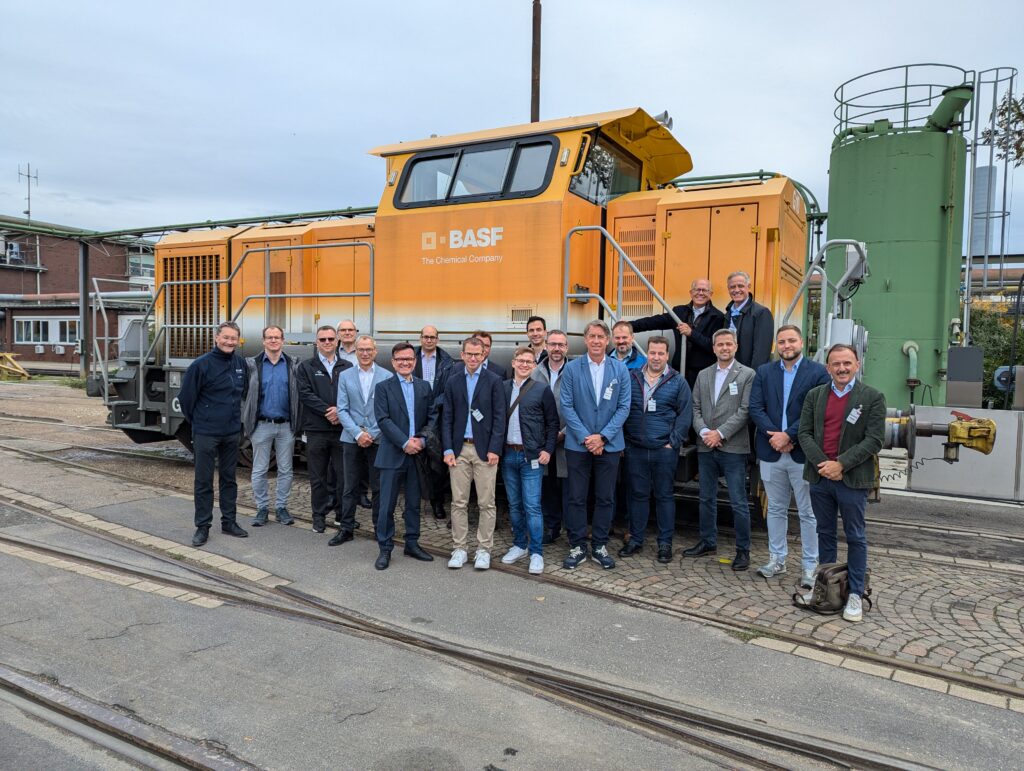
Comments are closed.